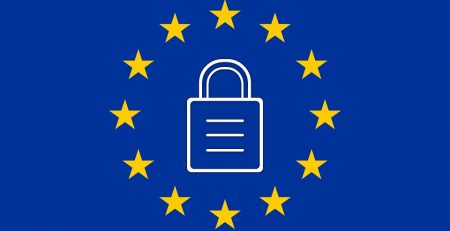7 Hack Proof Security Tips For Your Business Website
So the recent virus attack on the NHS business website this week has caught everyone by surprise. The BBC reports this is part of a much larger, ongoing problem. There are in fact an estimated 200,000 computers infected so far, with reports still coming in. So exactly how can this affect your Southampton business website?
For those that don’t know, Ransomware is a computer virus that intentionally infects your website. Businesses can be targeted by online criminals who use it in an attempt to extort money. Either by exploiting or threatening to delete potentially sensitive files. The level of threat is relative to the kind of business you run but certainly, there is a legal requirement to protect customer data retained under the 1998 data protection act.
So how does a cyber attack affect you or your business?
“Criminals will often use a widely publicised virus outbreak to send scam emails, pretending to offer help.”
 7 Ways To Defend Your Website Against Cyber-Attacks
7 Ways To Defend Your Website Against Cyber-Attacks
1) Update everything regularly
Maker sure your website app updates are always on and ticking along, viruses and malware evolve rapidly so your computer needs to keep updated to be in with a chance of surviving.
2) Tighten access security
Create and use strong and complex passwords that can’t be guessed, changed often and NEVER written down.
3) Firewalls
They are essential for the security of your website, especially where the internet is concerned. They may seem annoying and possibly restrict access to some websites but ask yourself, do you want to be on a website that doesn’t allow firewalls? It’s probably not wise. You can alter the settings as well. They even SOUND impressive.
4) SSL
Encrypted SSL protocol is great for transferring confidential information from the website and your database.
Hacked website? Contact us for help
5) Remove form auto-fill
It seems obvious now when you think about. Auto-fill can be handy on personal computers but when you have large networks with confidential data then things get complicated quickly. You have a duty of care for confidentiality online remember.
6) Limit file uploads
File uploads are a great way for viruses to hijack your website and invites trojan viruses in. Once they are in they set up camp and are hard to get rid of.
7) Always have a back-up
Backup your website content and/or database details. Some hacks are nasty and some viruses are devastating.
We can teach how to restore your website to its former glory if compromised by a virus.











Leave a Reply